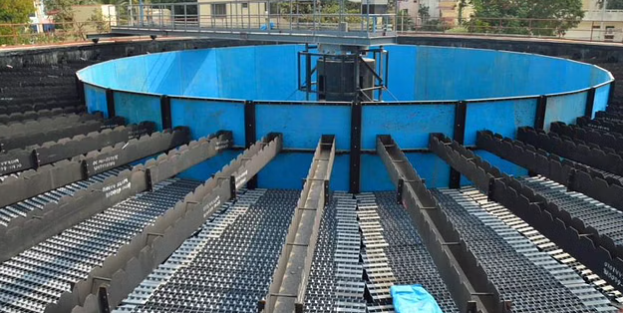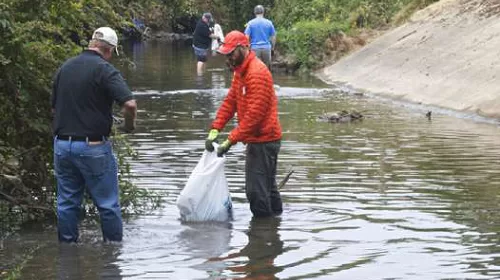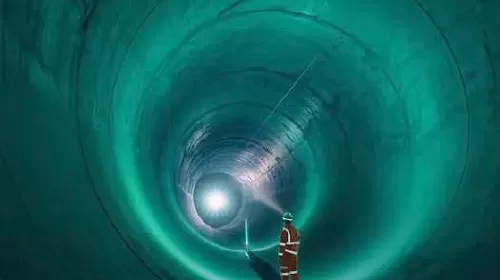As part of its efforts to achieve a better rank in the next edition of Swachh Survekshan, the Vijayawada Municipal Corporation (VMC) has formulated an action plan to revive sewage treatment plants to reduce carbon emissions under its ambit.
According to VMC officials, the Union Ministry of Housing and Urban Affairs have identified 28 cities in the country under Swachh Bharat Mission. As a pilot project in the Sustainable City category, Vijayawada is among the five selected cities. Special funds will be released by the United Nations Industrial Development Organisation (UNIDO) in the respective cities.
On the other hand, the National Green Tribunal (NGT) has directed the VMC to maintain a biological oxygen demand limit to 10 mg/litre or less and chemical oxygen demand limit to 50 mg/litre in the water released from the sewage treatment plant (STP).
Keeping this in mind, the VMC has taken steps to modernize sewage treatment plants in eight parts of the city. The civic body officials have prepared plans to spend Rs 10 crore released by the UNIDO as the first installment and Rs 4.93 crore from the Corporation General Fund. Steps are being taken to revive the biogas production at sewage treatment plants in Ajit Singh Nagar (20 and 40 MLD), Jakkampudi (20 MLD, Ramalingeswara Nagar (20 MLD) to reduce carbon emissions and generation of electricity.
VMC chief engineer M Prabhakar Rao said that two STPs at Jakkampudi with 20 MLD capacity each were constructed with anaerobic sludge blanket reactor technology in 2017. Around Rs 3.48 crore was spent on upgrading facilities at the existing STPs in Jakkampudi.
Speaking about the plans to revive the STPs, he said that Rs 3.12 crore will be spent on 20 MLD STP at Ramalingeswara Nagar constructed in 2012 with anaerobic sludge blanket reactor technology. Around Rs 1.15 crore will be spent for reviving the 10 MLD STP constructed in 2004 with accidental aeration technology and another 10 MLD STP built with moving bed biofilm reactor (MBR) technology in 2019. Similarly, Rs 3.24 crore will be spent on reviving the 20 and 40 MLD STPs in Ajith Singh Nagar constructed in 2011 and 2017.“After the completion of revival of the STPs in the city, carbon emissions from the industries will be reduced, besides water and air pollution,” Prabhakar said.





